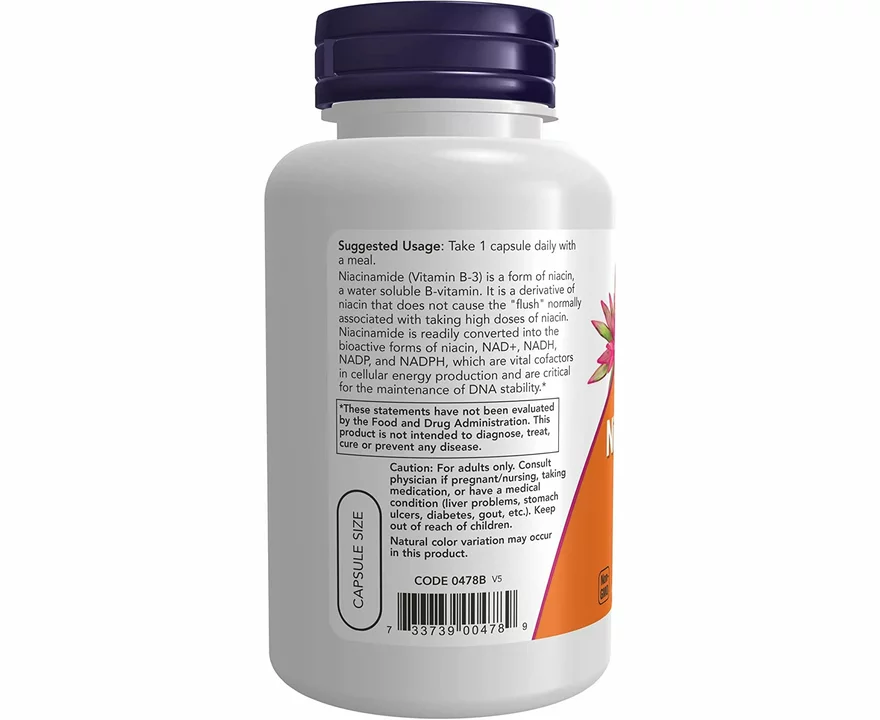Inositol: What It Is, Why You Might Need It, and How to Use It
If you’ve seen inositol on a supplement label or heard it mentioned in a health forum, you might wonder what the fuss is about. In simple terms, inositol is a type of sugar that your body makes naturally and also finds in foods like beans, fruits, and grains. It plays a role in cell membranes and helps transmit signals in the brain, which is why many people turn to it for mood support, blood‑sugar balance, and even fertility.
Top Benefits People Look for
Most users take inositol for three main reasons: improving mood, supporting healthy insulin response, and helping with polycystic ovary syndrome (PCOS). Studies show that the "myo‑inositol" form can calm anxiety symptoms and may boost serotonin activity. For blood sugar, it works alongside insulin to help cells absorb glucose more efficiently. And for PCOS, both myo‑inositol and its cousin "d‑chiro‑inositol" have been linked to better ovulation rates.
How Much Should You Take?
The sweet spot varies by goal. For anxiety or mood support, many people start with 2–4 grams per day split into two doses. If you’re targeting blood‑sugar control, 1–2 grams twice daily is common. PCOS protocols often use a 40:1 ratio of myo‑ to d‑chiro‑inositol, totalling around 4 grams each day. Always begin with the lower end and see how your body reacts before moving up.
When you pick a supplement, look for a product that lists the specific form (myo‑ or d‑chiro‑) on the label. Pure inositol powder is cheap and easy to mix into water or juice—no need for fancy capsules if you don’t want them.
Safety-wise, inositol is well tolerated. Most side effects are mild stomach upset, especially if you take a large dose all at once. Splitting the total daily amount into two smaller doses usually prevents that. Pregnant or nursing women should check with a doctor before starting any new supplement.
One practical tip: store your inositol powder in a cool, dry place and keep the lid tight. The compound doesn’t spoil quickly, but moisture can cause clumping.
If you’re already on prescription meds—especially mood stabilizers or diabetes drugs—talk to your pharmacist. In rare cases, high doses of inositol could interact with medication that affects serotonin or blood‑sugar levels.
In summary, inositol is a versatile supplement that can help calm the mind, balance glucose, and support reproductive health when used correctly. Start low, watch for any stomach quirks, and choose a reputable brand.
Got more questions? Keep exploring our site for detailed articles on specific uses, user experiences, and the latest research. Your journey to better health starts with clear information—and inositol might just be one of the tools that fits your routine.

The Ultimate Guide to Inositol: Everything You Need to Know About This Essential Dietary Supplement
In my latest blog post, I've put together the ultimate guide to Inositol, a vital dietary supplement that many people might not be aware of. I've covered everything you need to know, from its numerous health benefits, such as improving mental health and fertility, to the different types of Inositol and the best food sources. Additionally, I've discussed the recommended dosage and any potential side effects. Reading this guide will certainly give you a great understanding of this essential nutrient and how it could positively impact your life. Don't miss out on this valuable information; head over to my blog and check it out!
May 14 2023